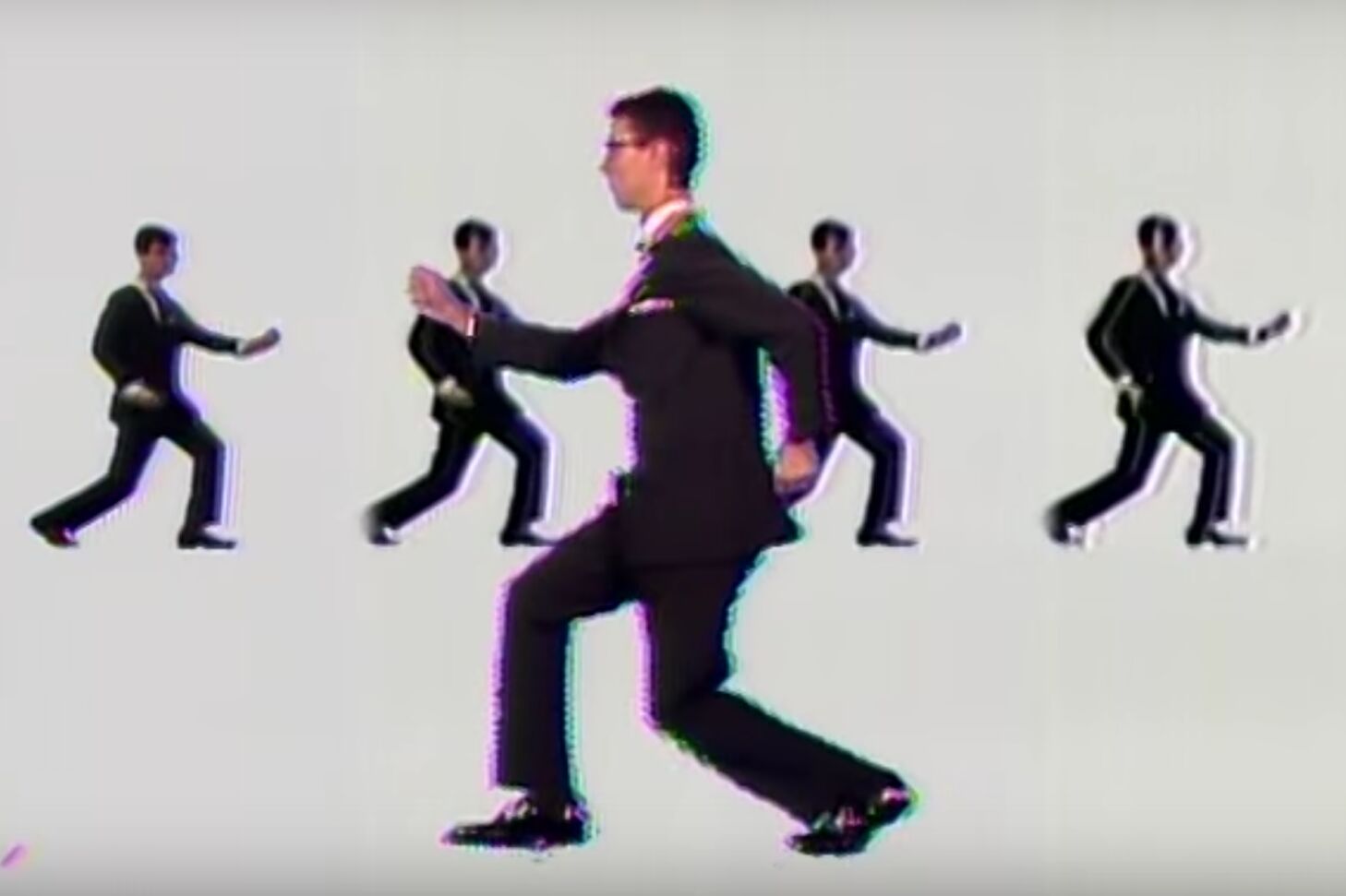Always Be Category Designing
People give their attention to what they remember. What they remember most are people and products that are categorically different.


Good morning!
For any personal or business venture you take on, there are a set of forces that, luck aside, decide your fate. Most of these occur in the mind. I call the study of these forces venture dynamics.
Many of these forces create hidden frames to our work. They govern our actions, yet we aren’t fully conscious of them. To bring them into consciousness then, is a powerful thing. Once you’re aware of the forces at work, the hidden frames within which we all operate, you have the opportunity to use them to your advantage.
I trust you’ll use this knowledge for good.
The first two laws of venture dynamics are the law of self and the law of the customer. These laws tell us that without self-knowledge and customer insight—if your venture is artistic in nature, you might call this audience insight—it’s impossible to succeed.
Today’s topic is the third law. The least understood and possibly most powerful: the law of category. It’s an idea that’s been around a long time. Still, few actually follow it. That’s their loss and your gain. The law of category says your most successful position among competitors is to either lead a category or create a new category you can lead.
It’s true for iPad and Figma. But it’s also true for Talking Heads, Crocs and Neil deGrasse Tyson. Each exists in culture as a category of one. The first, and in some cases only, of its kind. Because of this, they’ve defined a space in the marketplace that’s both fertile and secure.
Because people engage with what they remember, you can follow this third law to further any ambition you have. And what’s remembered most are people and products that are completely, totally, categorically different.
The third law is why my company is the first-ever category design studio and it’s why I write my newsletter in a voice that could only be mine.
Founders and CEOs sometimes ask me when is the right time to create a category. When in the lifespan of a venture should you apply this thinking? But the fact is, unless you want to waste a lot of time, you should ABDC: always be category designing.
A good model for understanding this is the Product-Category Model. It expresses any new venture as a conversation between product and category. Your product is the thing you make. It’s the physical and digital part of the iPad, the lyrics and sound part of Talking Heads. The category is how your product is perceived in the mind of the customer or audience.
But wait, surely Talking Heads are way too cool and artsy to think of their work as “product and category.” Maybe. But before they ever released a record, they spent time playing instruments, writing songs and recording. During those early days, they made music that sounded exactly like other artists. They only truly became the Talking Heads by experimenting with their sound until it both resonated with the band and was categorically different than any other music. Whatever words they used to describe the process, it doesn't matter. They knew the trick of category creation, which is why they’re beloved by fans to this day.
If you’re on the leadership team at a startup, the implications of my advice should be clear. If you’re not in the tech world, you have even more reason to ABCD: Category design is less known in other domains and therefore more valuable as a strategy.
In either case the job is the same: to first, do a little work to imagine or create your product. Second, consider its potential as a new category in the mind of your audience. Go back and forth between these two modes until good things happen. If you can maintain a rich dialog between product and category creation, you’ll be on the path. Please remember to give it time.
Not everyone can be David Byrne. And that’s exactly the point. The key to category creation, as Christopher Lochead likes to say, is to “follow your different.”
I know good things will happen for you if you do.
Next.
